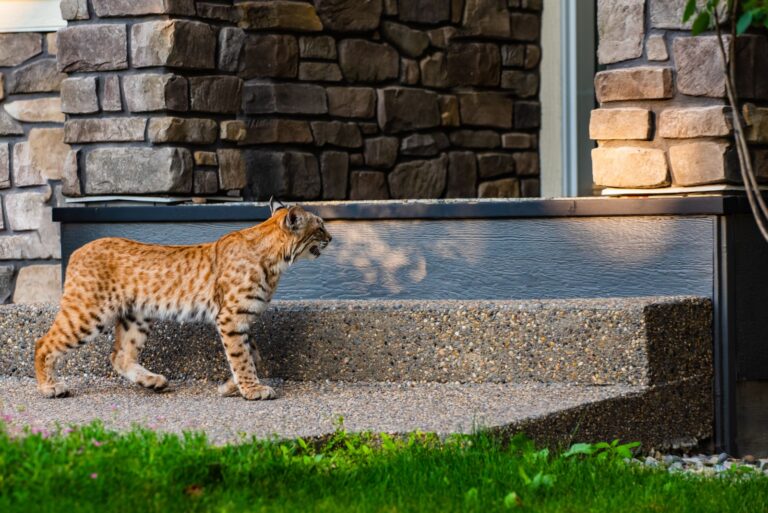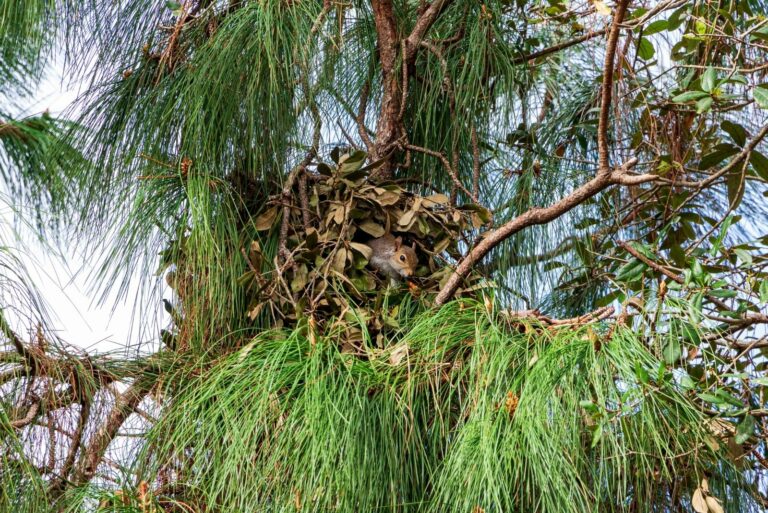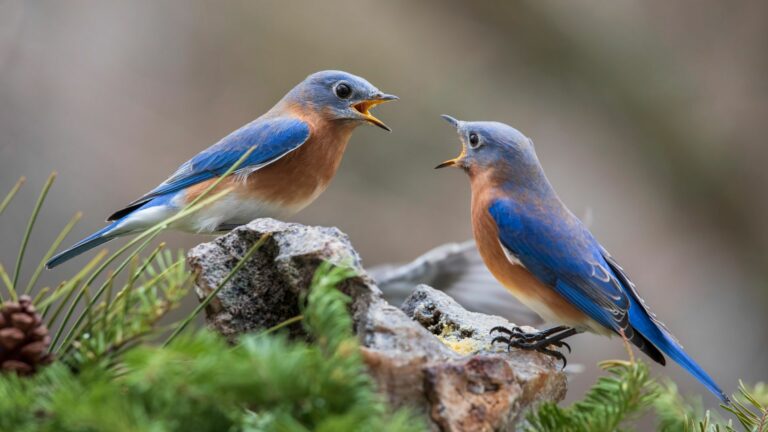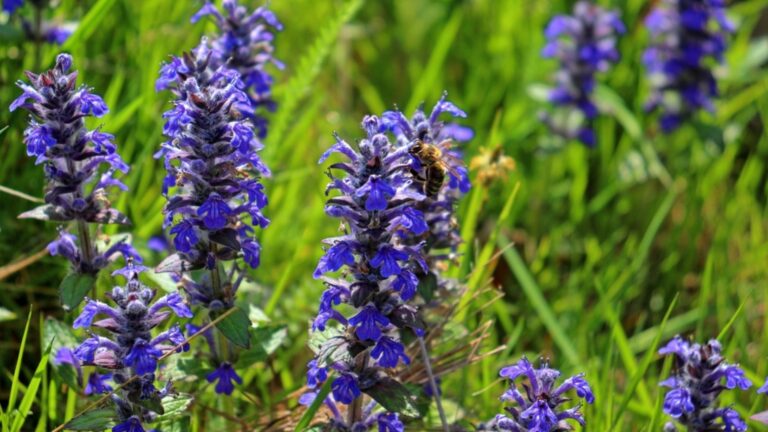10 Ways To Handle A Coyote In Your North Carolina Yard (And 4 Things That Make It Worse)
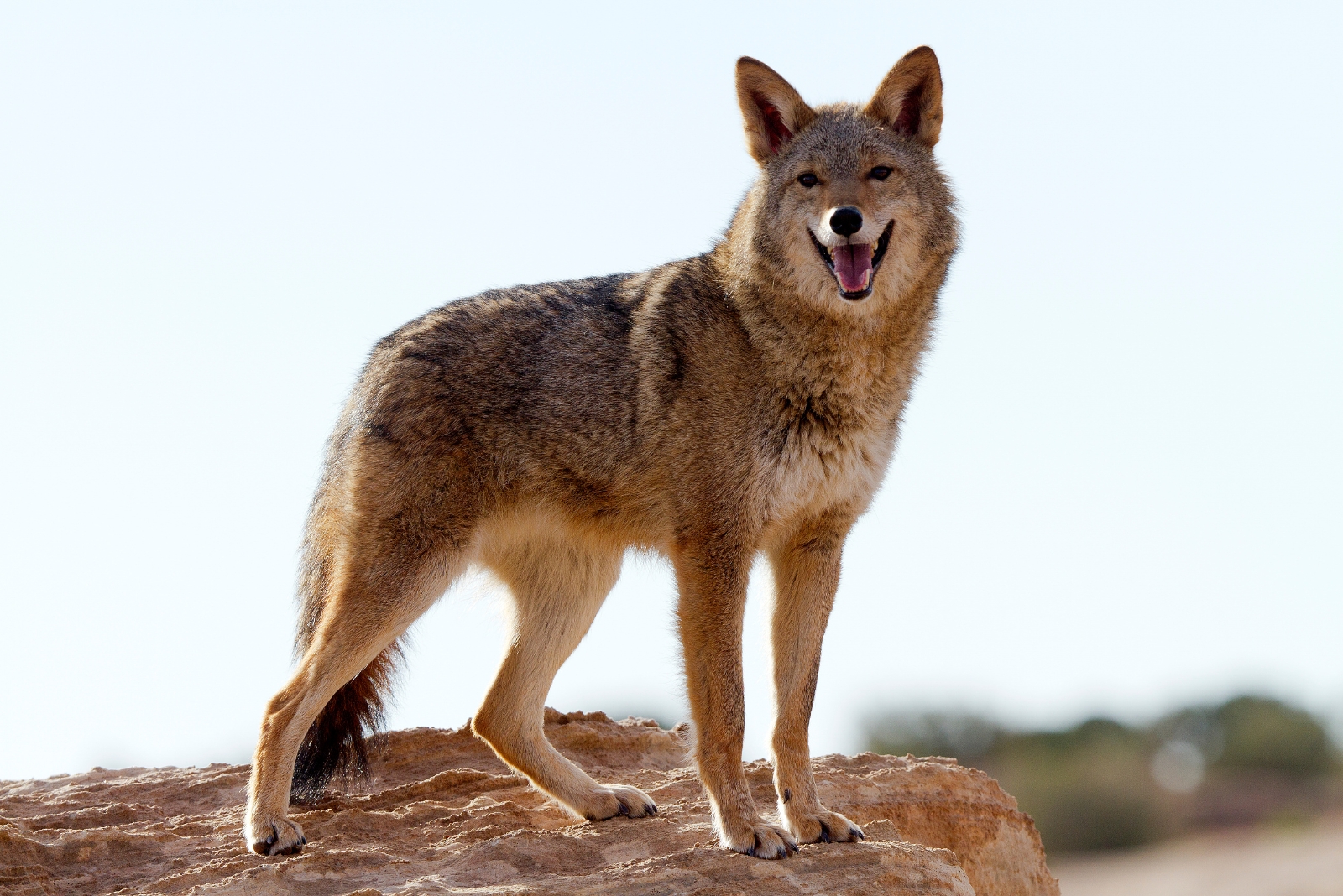
Spotting a coyote in your backyard can be scary, especially if you have pets or small children. These wild animals have become more common in North Carolina neighborhoods as their natural habitats shrink.
Knowing how to respond safely protects your family and helps you coexist with wildlife without unnecessary conflict.
1. Make Yourself Look Big And Loud
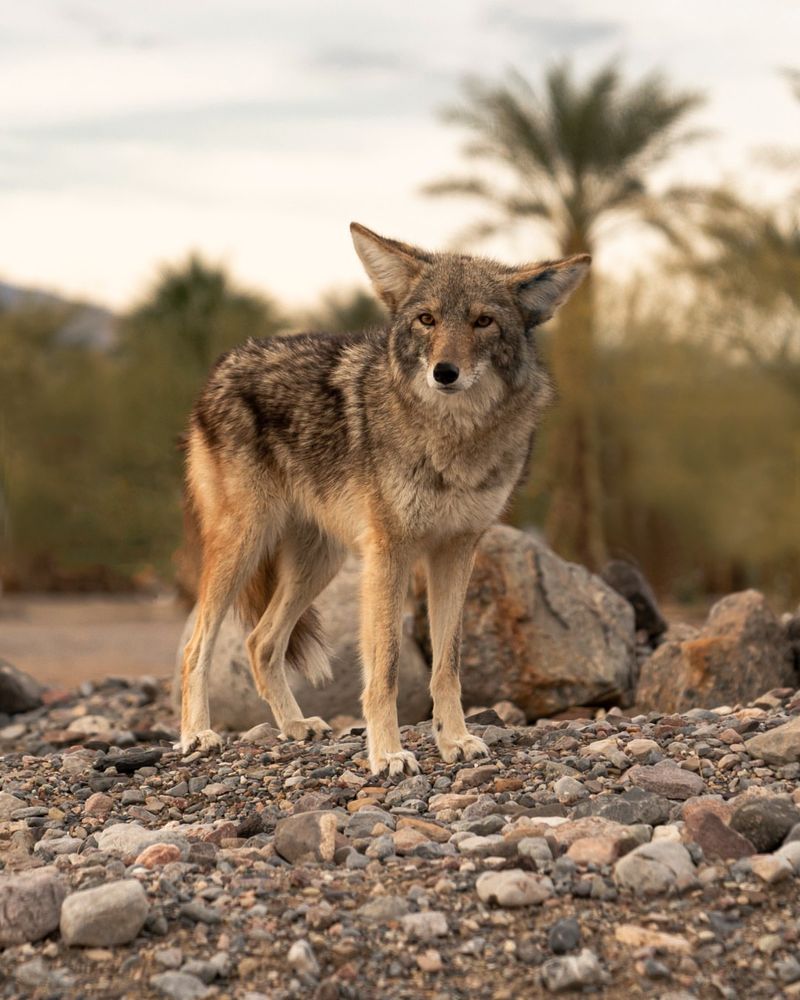
When you spot a coyote nearby, stand tall and raise your arms above your head. Yell loudly, clap your hands, or bang pots together to create noise.
Coyotes usually fear humans and will retreat when they sense danger. Making yourself appear bigger and louder sends a clear message that you are not prey.
Never turn your back or run away, as this might trigger their chase instinct. Face the animal confidently until it leaves your North Carolina property completely.
2. Install Motion-Activated Lights Around Your Property

Bright lights startling a coyote at night can discourage repeat visits to your North Carolina yard. Motion sensors detect movement and flood the area with light instantly.
Coyotes prefer hunting under the cover of darkness where they feel safe. Sudden illumination makes them uncomfortable and exposes their presence to potential threats.
Place lights near trash bins, pet feeding areas, and along fence lines where coyotes might enter. Check batteries regularly to ensure they work when needed most.
3. Secure Your Trash And Compost Bins Properly
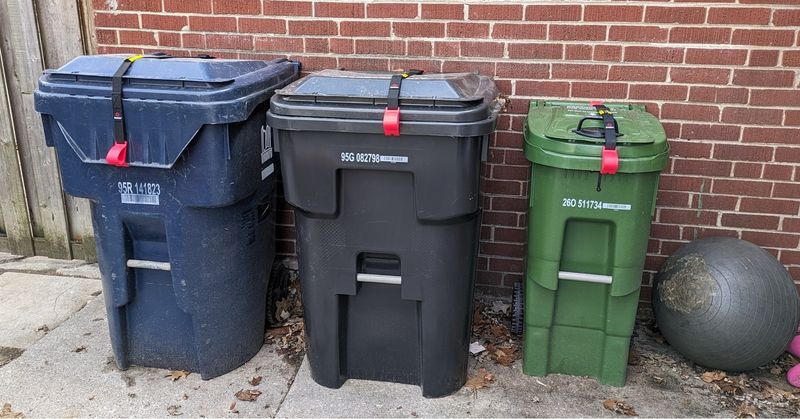
Food scraps attract coyotes like magnets, drawing them closer to North Carolina homes. Use heavy-duty bins with locking lids that cannot be tipped over easily.
Store garbage containers inside your garage or shed until collection day morning. Compost piles should be enclosed in sturdy bins rather than open heaps on the ground.
Rinse containers regularly to remove lingering food odors that travel far. Taking these steps removes the primary reason coyotes visit residential areas in the first place.
4. Remove Outdoor Pet Food And Water Bowls At Night

Leaving pet food outside overnight is basically setting a dinner table for wildlife. Coyotes will return regularly once they discover a reliable food source at your North Carolina home.
Bring all bowls indoors after your pets finish eating, especially before dark. Even water dishes can attract small animals that coyotes hunt, creating a dangerous chain.
Feed pets during daylight hours and supervise them while they eat outdoors. Establishing this routine protects both your pets and discourages unwanted visitors from lingering around.
5. Build Or Repair Fences To Keep Coyotes Out

A solid fence creates a physical barrier that makes your North Carolina yard less accessible. Coyotes can jump surprisingly high, so aim for at least six feet in height.
Check for gaps at the bottom where animals might squeeze through or dig under. Bury fencing material several inches deep or install an L-shaped footer to prevent burrowing.
Repair damaged sections immediately and trim vegetation growing near the fence line. Strong boundaries give you peace of mind and clearly define safe zones for your family.
6. Never Approach Or Try To Feed A Coyote
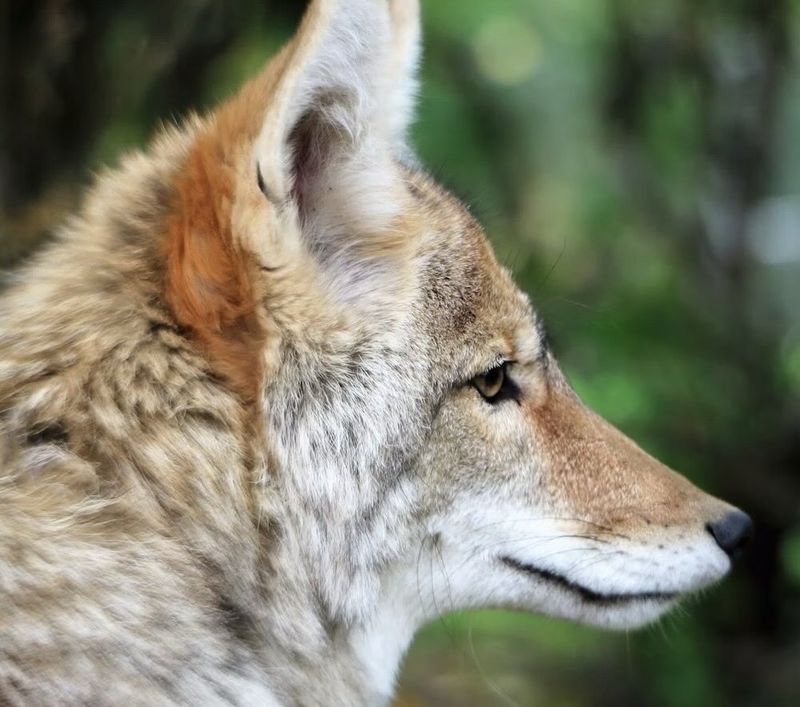
Feeding wild animals changes their behavior and makes them lose their natural fear of people. What seems like a kind gesture actually puts everyone at risk.
Coyotes that associate humans with food become bolder and may approach children or pets aggressively. They might also become dependent on handouts rather than hunting naturally.
Admire wildlife from a safe distance and teach children to do the same. Respecting boundaries keeps coyotes wild and reduces dangerous encounters in North Carolina neighborhoods significantly.
7. Keep Small Pets Indoors Or Supervised Outside
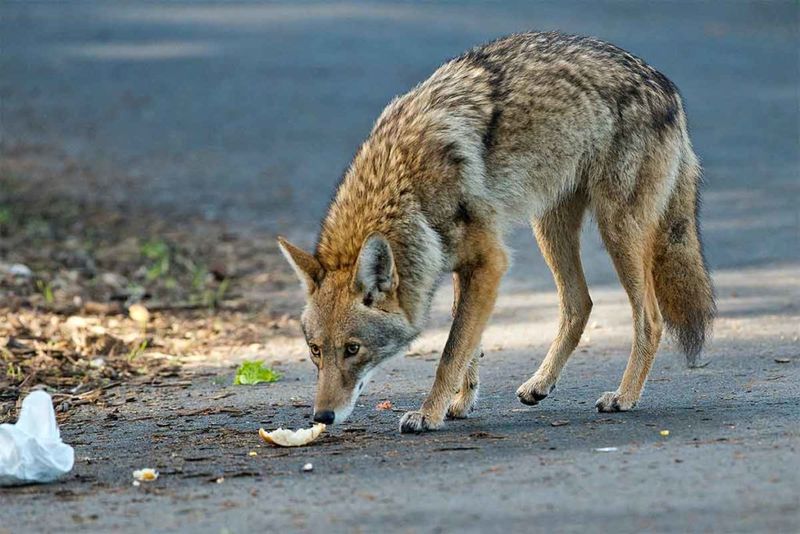
Cats and small dogs can look like prey to hungry coyotes, especially during dawn and dusk. Always accompany your pets when they go outside, even in fenced North Carolina yards.
Use a short leash to maintain control and stay alert to your surroundings. Consider installing a catio or covered run for cats who enjoy outdoor time safely.
Avoid leaving pets outside alone overnight, as this is when coyotes are most active. Your presence and vigilance dramatically reduce the chances of a dangerous encounter.
8. Clear Brush And Dense Vegetation From Your Yard

Overgrown areas provide perfect hiding spots where coyotes can rest during the day. Trimming back shrubs and removing brush piles eliminates these shelters.
Open landscapes make coyotes feel exposed and vulnerable, encouraging them to seek cover elsewhere. Maintain clear sight lines around your North Carolina property so you can spot wildlife easily.
Keep grass mowed short and prune low-hanging tree branches regularly. Simple landscaping changes make your yard less inviting to animals seeking secretive places to hide or den.
9. Use Hazing Techniques To Scare Coyotes Away
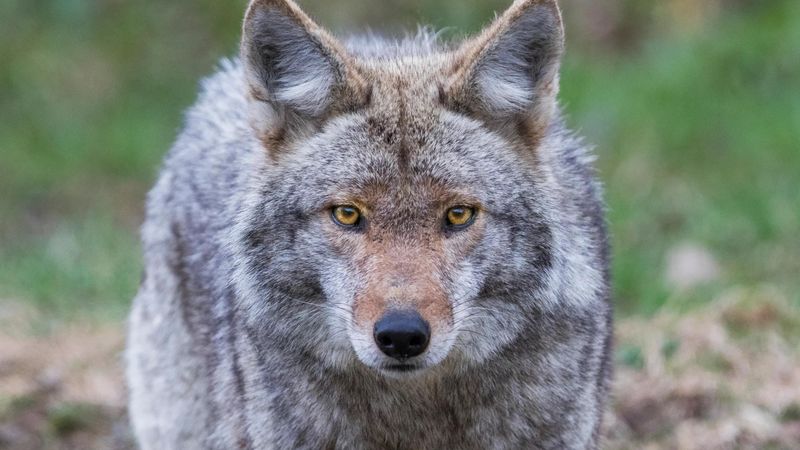
Hazing involves using noise, motion, and light to teach coyotes that humans are threats. Spray them with a garden hose, throw tennis balls in their direction, or use air horns.
Consistency matters—everyone in your North Carolina neighborhood should haze coyotes on sight. If one person feeds them while another scares them, the mixed messages confuse the animals.
Never haze a coyote that appears sick, injured, or cornered, as they might react defensively. Contact wildlife control professionals in these situations instead of handling it yourself.
10. Report Aggressive Coyote Behavior To Wildlife Authorities
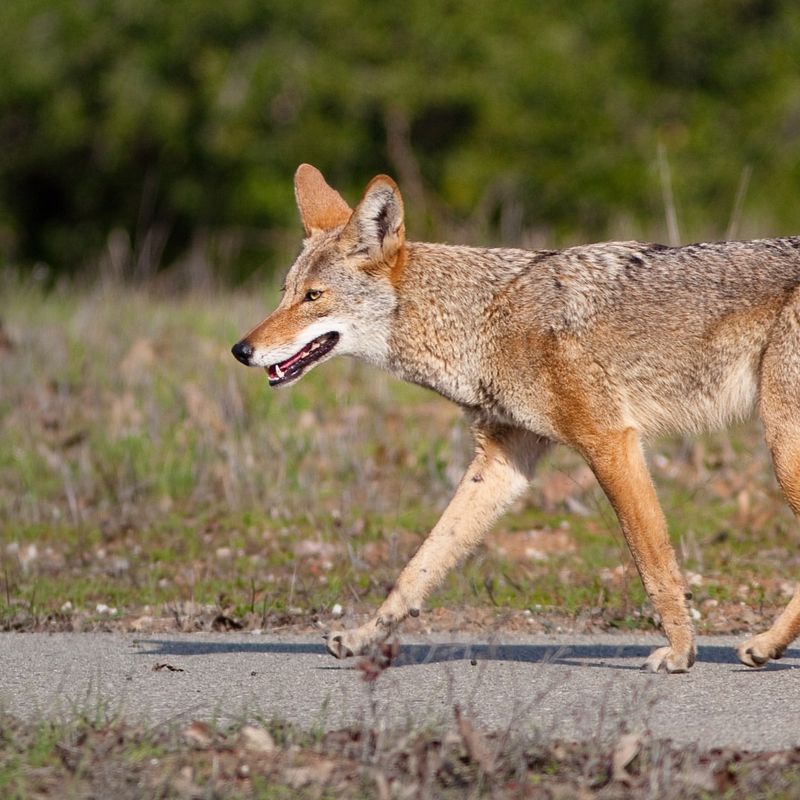
If a coyote acts boldly, follows people, or refuses to leave when hazed, contact local wildlife officials immediately. North Carolina Wildlife Resources Commission handles these situations professionally.
Aggressive behavior might indicate the animal is sick, habituated to humans, or protecting a nearby den. Trained experts can assess the threat level and take appropriate action.
Document the encounter with photos or videos if possible, noting the date, time, and location. Your report helps authorities track patterns and protect the entire community from potential danger.
11. Leaving Pet Food Outside Attracts Coyotes
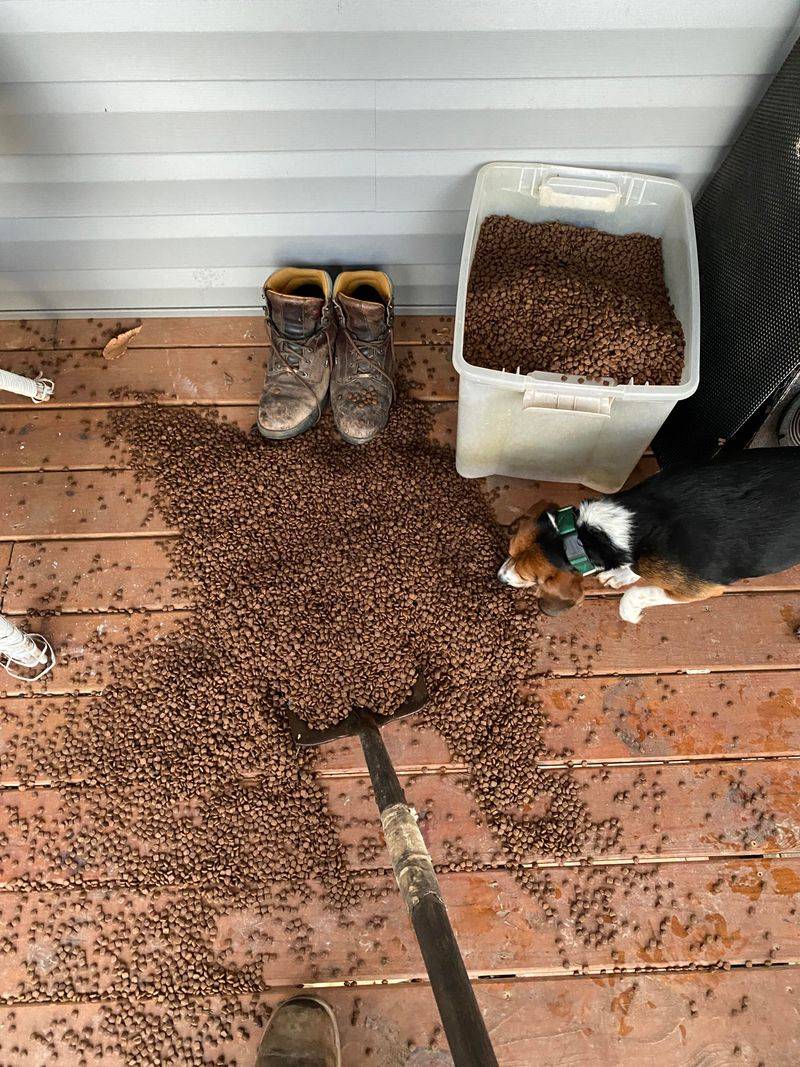
Nothing invites trouble faster than an easy meal sitting on your porch. Coyotes have excellent noses and can smell kibble from impressive distances.
Once they find food at your home, they will return nightly expecting more. This pattern creates bold animals that lose their healthy fear of human spaces.
Other wildlife like raccoons and possums also gather around pet food, which then attracts hunting coyotes. Removing this temptation breaks the cycle and keeps your property safer for everyone living there.
12. Running Away From A Coyote Triggers Chase Instinct
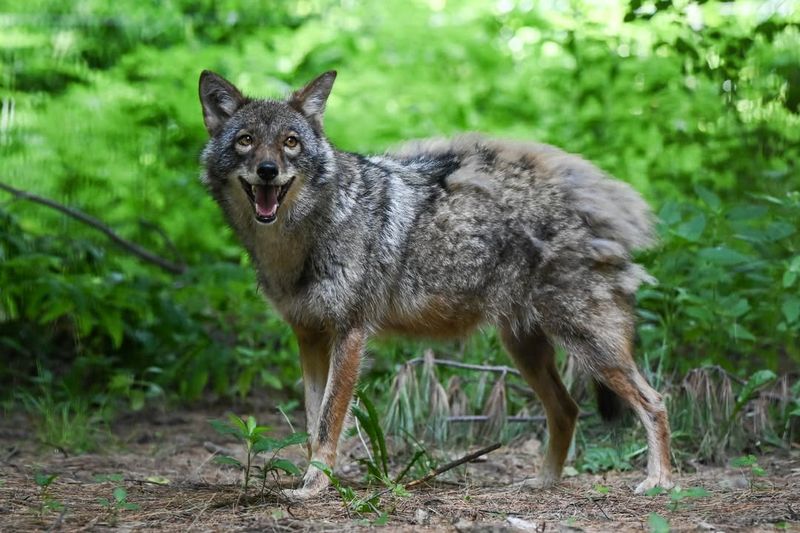
Turning your back and sprinting activates a predator’s natural urge to pursue fleeing targets. Even a coyote that was not initially aggressive might chase you instinctively.
Running also makes you appear weak and vulnerable, exactly what predators look for. Instead, face the animal directly, make yourself large, and back away slowly while maintaining eye contact.
Teach children never to run from wildlife, no matter how scared they feel. Calm, assertive behavior gives you the upper hand and usually ends encounters peacefully.
13. Ignoring A Coyote Den Near Your Home
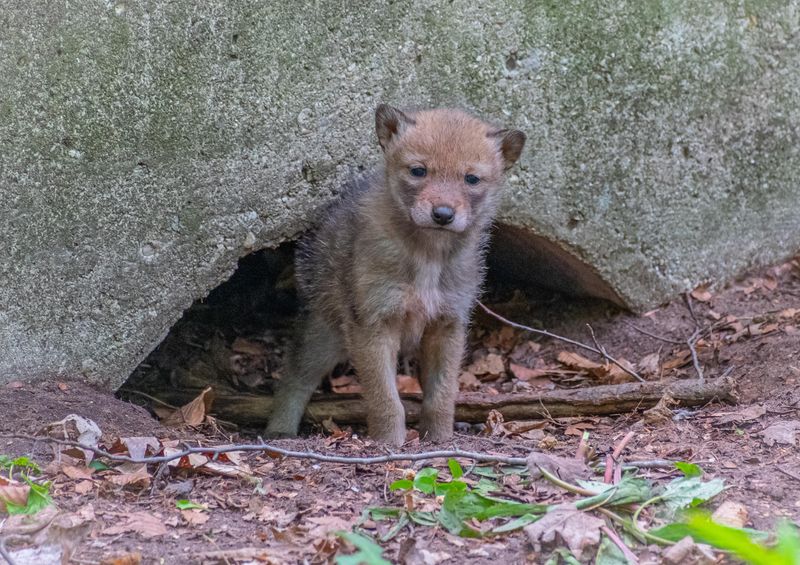
Discovering a den means coyotes have claimed your property as their territory. Parent coyotes become extremely protective when raising pups and may act aggressively toward perceived threats.
Ignoring the problem allows the family to grow comfortable and expand their presence. Young coyotes born near humans often lose their natural wariness, creating long-term neighborhood issues.
Contact wildlife management professionals to safely relocate the den before pups are born if possible. Taking action early prevents dangerous situations and protects both human families and wildlife populations.
14. Allowing Fruit To Rot On Trees And Ground
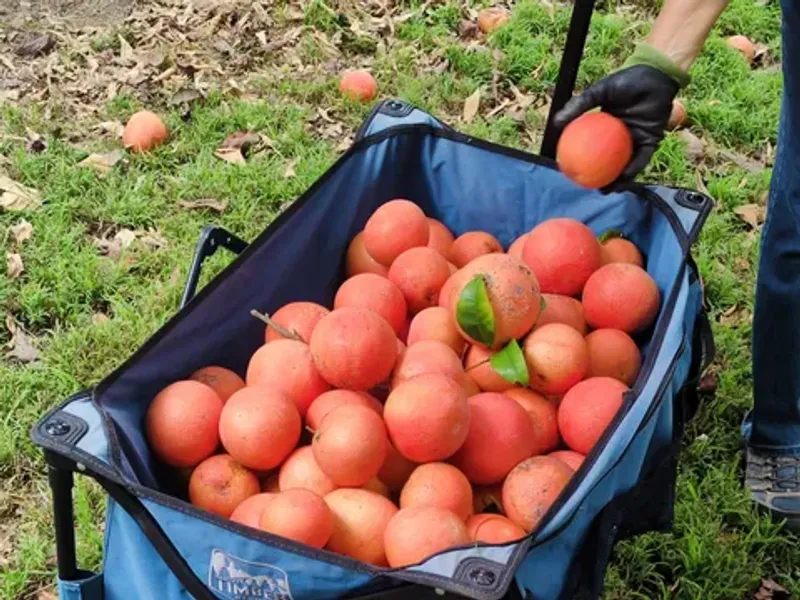
Fallen apples, pears, and berries attract rodents and small mammals that coyotes love to hunt. Your fruit trees essentially create a buffet that draws predators closer.
Rotting produce also feeds insects and other creatures that form part of the food chain. Coyotes follow their prey, so controlling the base of that chain matters greatly.
Harvest fruit promptly and rake up anything that falls to the ground regularly. Keeping your North Carolina yard clean eliminates hidden food sources and makes your property less appealing to hungry wildlife visitors.

